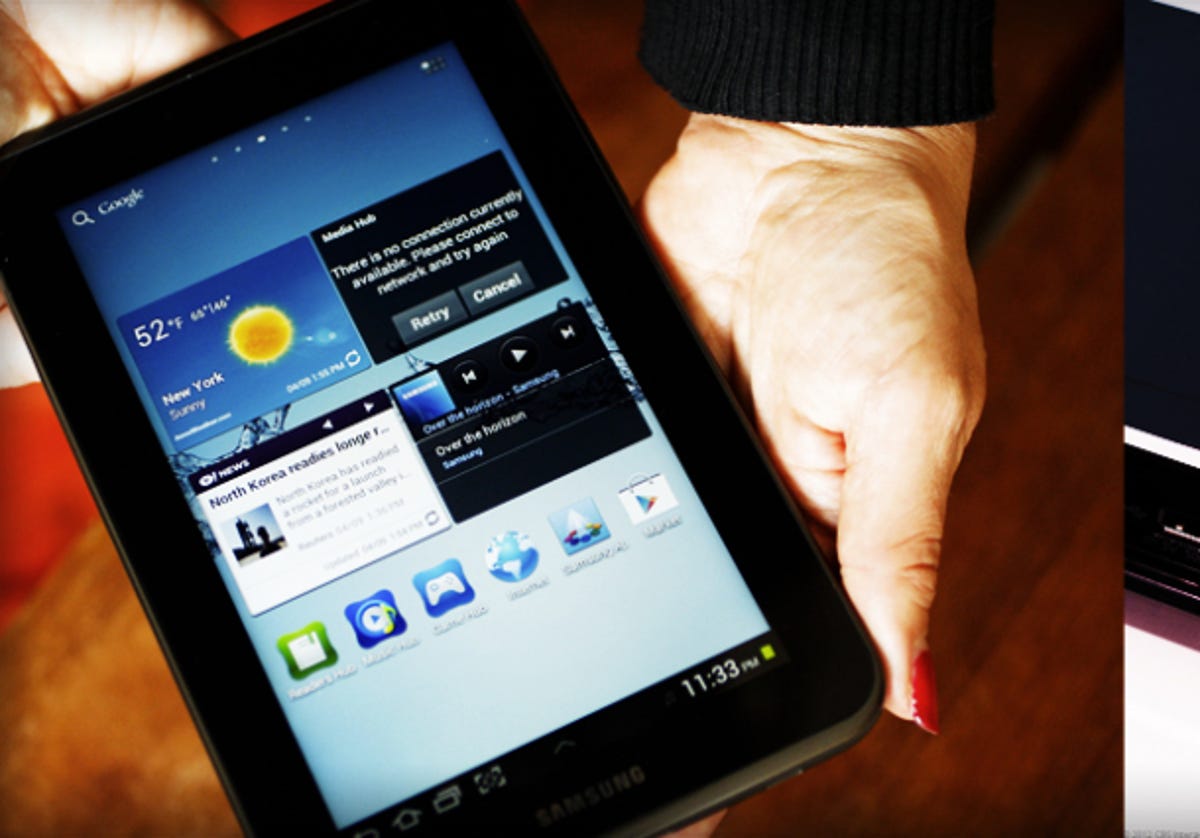
CNET
Apple lawyers walked away from a U.K. court and breathed a sigh of relief following a judge’s decision to grant a stay on an earlier ruling forcing the Cupertino, Calif.-based company to publicly state Samsung had not copied the iPad’s design.
A London court said today that Apple will not have to immediately place the notice on its Web site, reports Bloomberg, giving the iPad maker enough time to lodge an appeal in October.
U.K. High Court Judge Colin Birss ruled in an earlier case on July 18 that Samsung did not infringe the iPad’s design patents because the rival Samsung Galaxy Tab was not as “cool” as Apple’s shiny rectangle.
Related stories
- Samsung Galaxy Tab 7.7 banned in EU in fresh Apple patent twist
- Galaxy Tab doesn’t copy Apple designs, U.K. court rules
Birss said Apple had to display a notice on its U.K. Web site for up to six months, and post “advertisements” — as described by Apple’s lawyer Richard Hacon — in a number of British newspapers and online publications making it clear that Samsung had not breached U.K. law.
As AllThingsD reports, the notice should be “in a font size no smaller than Arial 14 on a page earlier than page 6.” Perhaps adding insult to injury, Apple would have to pay for the ad space for ultimately the privilege of publicly flogging itself.
If the case falls again in Samsung’s favor, then Apple will have to bite the bullet, accept its punishment, and eat a whole boatload of cold and frosty humble pie.
To add another interesting twist to the ongoing tale, a German court extended a ban on the Galaxy Tab 7.7 to the entire European Union, on the grounds that patents belonging to Apple dating back to 2004 were infringed. But Birss said in his final court ruling that the Galaxy Tab 7.7 — as one of the tablets in question — was not in breach of such patents.
With one jurisdiction’s word against another — Germany vs. the U.K. — it’s unclear whose ruling takes precedent — if at all — over the other. The rulings are based on preliminary injunction requests, however, and full trials are yet to be held to gauge the full merits of each case.



